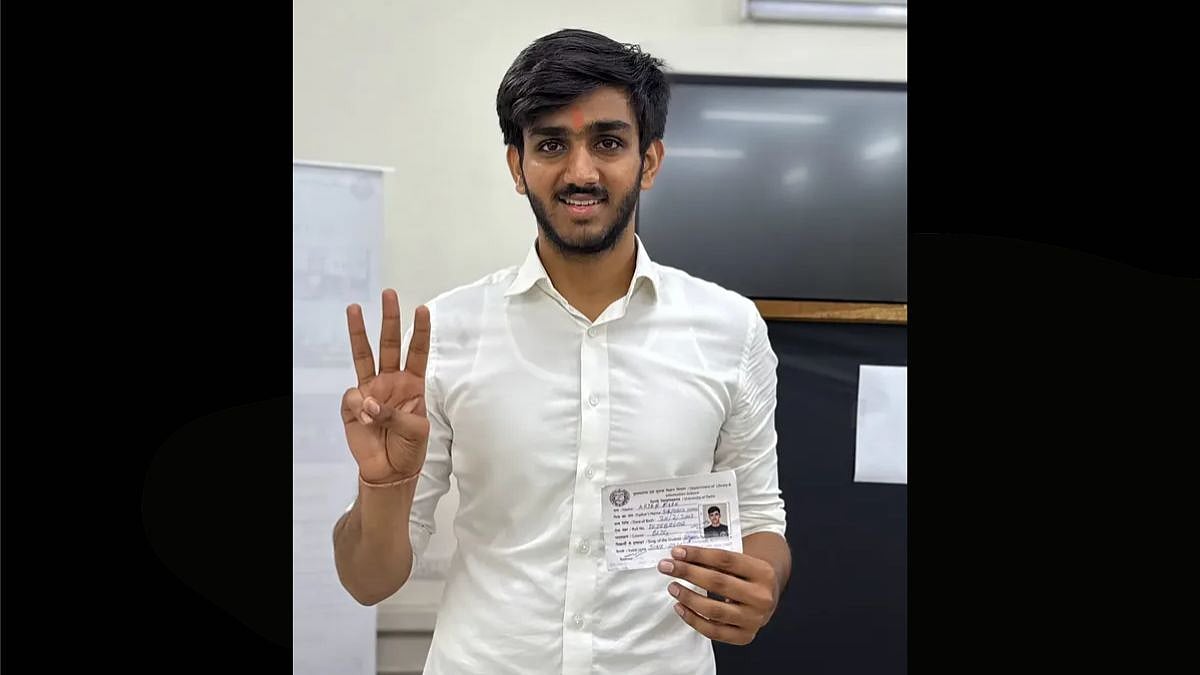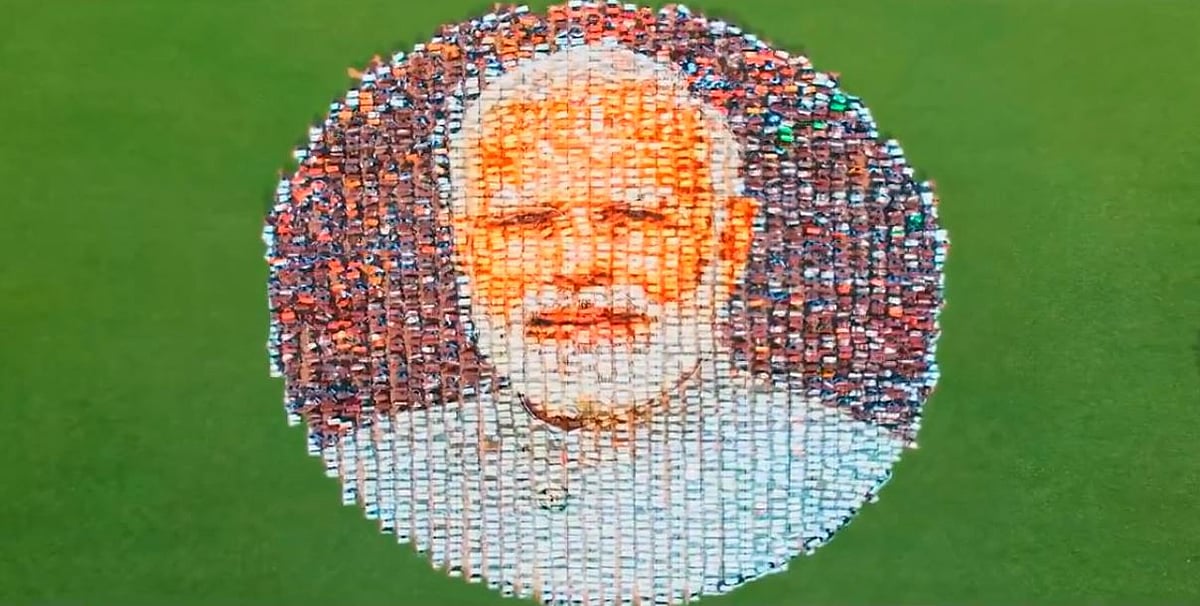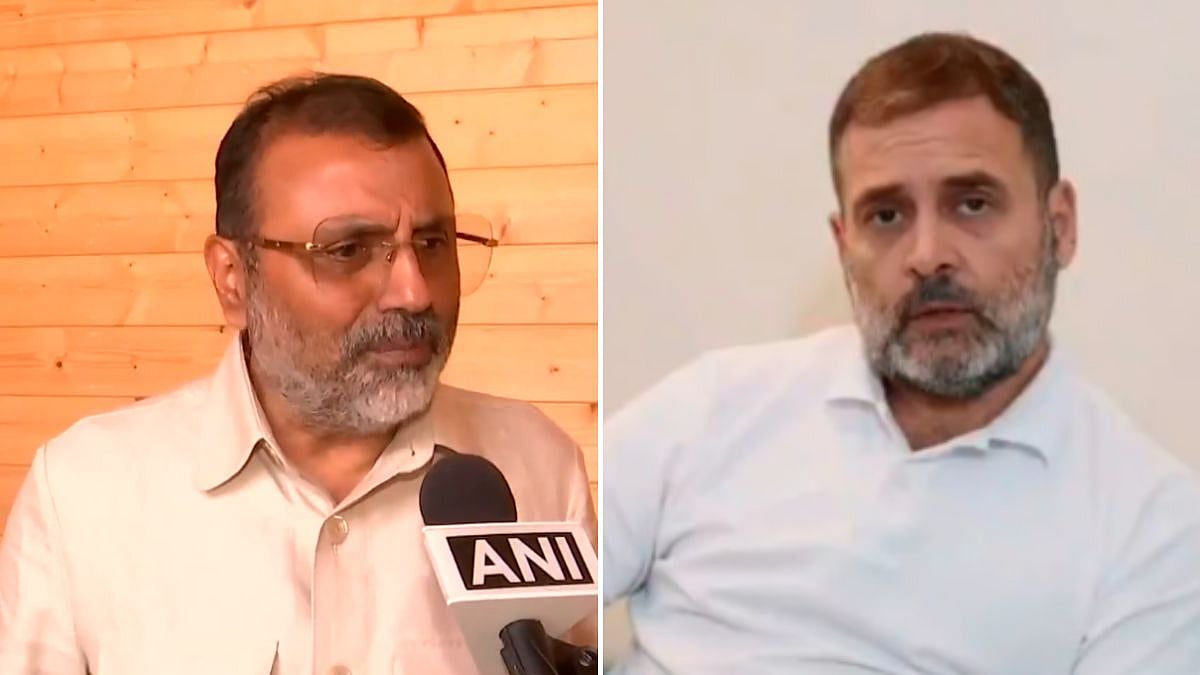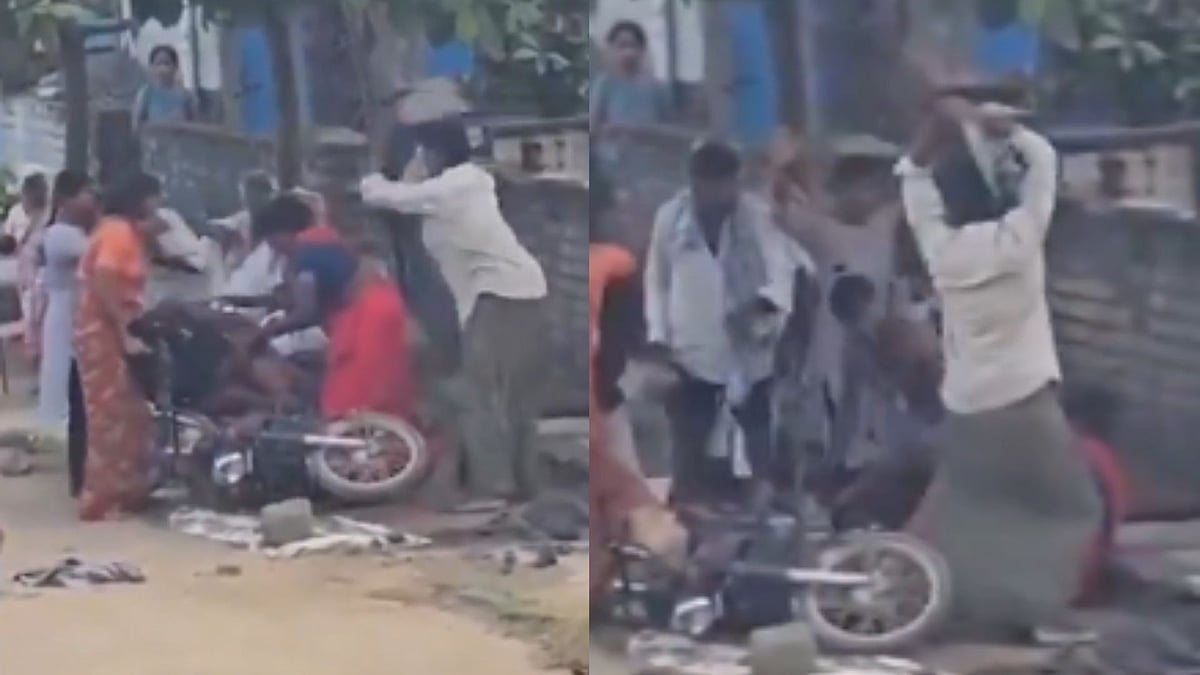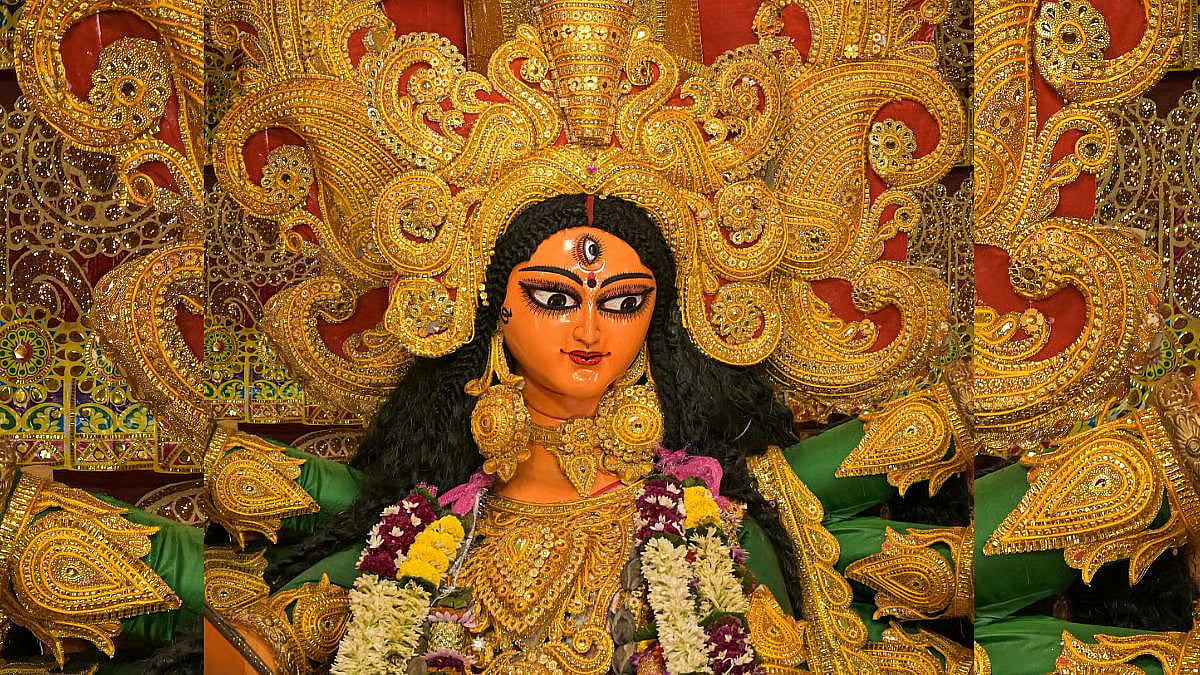Chennai: An all-party meeting chaired by Tamil Nadu Chief Minister M K Stalin on Wednesday at the Secretariat in Chennai unanimously called for freezing the existing delimitation framework for another 30 years beyond 2026. The meeting was attended by all major and minor recognised and registered political parties barring the BJP, Tamil Maanila Congress and Naam Tamilar Katchi.
To take forward the issue and raise awareness among the people, the meeting decided to form a Joint Action Committee comprising representatives from Tamil Nadu and other South Indian states. Invitations will be sent to the concerned parties to join the initiative.
The last delimitation was based on the 1971 Census and in 2001, the 84th Constitutional Amendment had frozen the Constitutional boundaries till the first Census after 2026.
“It is completely unjust that Tamil Nadu and other South Indian states, which have successfully implemented population control measures, should lose their parliamentary representation due to this achievement. In this regard, as promised by the former Prime Minister (Vajpayee) in 2000, the existing 1971 population-based seat allocation must be extended for another 30 years beyond 2026. The Honourable Prime Minister must assure this in Parliament,” a resolution adopted at the meeting said.
The meting unanimously and strongly opposed the parliamentary constituency delimitation based on population, “as it poses a serious threat to India’s federal system and the political representation of Tamil Nadu and South Indian states.”
Arguing that Tamil Nadu is not opposed to constituency delimitation, a resolution said it should not be used as a tool to punish states like Tamil Nadu for implementing effective socio-economic and population control policies over the past 50 years.
“If the number of parliamentary seats is to be increased, Tamil Nadu’s representation must also be increased proportionally based on the 1971 population data. The Union Government must enact the necessary constitutional amendments to ensure fair representation for Tamil Nadu and other South Indian states,” it said.
Earlier, welcoming political party representatives to the meeting, Stalin said Tamil Nadu is being pushed into a major struggle to safeguard its rights. He reiterated the charge that the issue of constituency delimitation looms over South India like a sword hanging over our heads and Tamil Nadu is at risk of being severely affected.
“Currently, Tamil Nadu has 39 parliamentary constituencies. However, there is a looming danger of this number being reduced. The Union Government is set to undertake a parliamentary seat delimitation process in 2026. Traditionally, this is done based on population. Population control has been one of India’s primary objectives, and Tamil Nadu has successfully achieved it. Through decades of effective family planning programs, women’s education, and health initiatives, we have accomplished this goal. However, if the existing 543 Lok Sabha seats remain unchanged, Tamil Nadu’s representation may decrease due to its lower population growth. Experts suggest that Tamil Nadu could lose up to eight Lok Sabha seats, reducing our representation from 39 MPs to just 31 MPs,” he said.

On the contrary, if the total number of Lok Sabha seats is increased to 848 and restructured proportionally, Tamil Nadu should receive 22 additional constituencies. “However, if delimitation is done based on the current population, we will receive only 10 additional seats, meaning we will lose 12 constituencies that we rightfully deserve,” he said, adding in both cases, Tamil Nadu’s representation will be reduced, while states with higher populations will gain more representation, “suppressing Tamil Nadu’s voice in national politics”. “We must collectively resist this injustice,” Stalin said.

